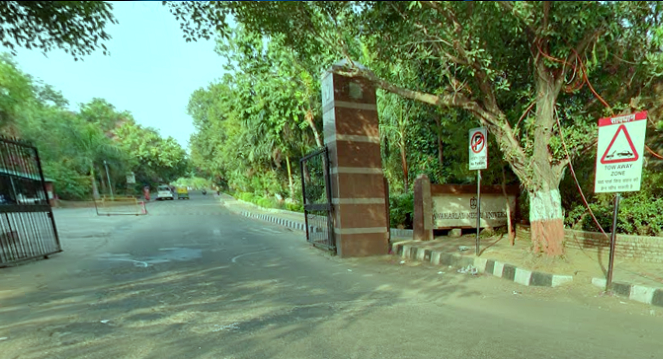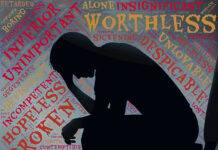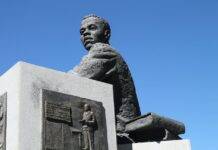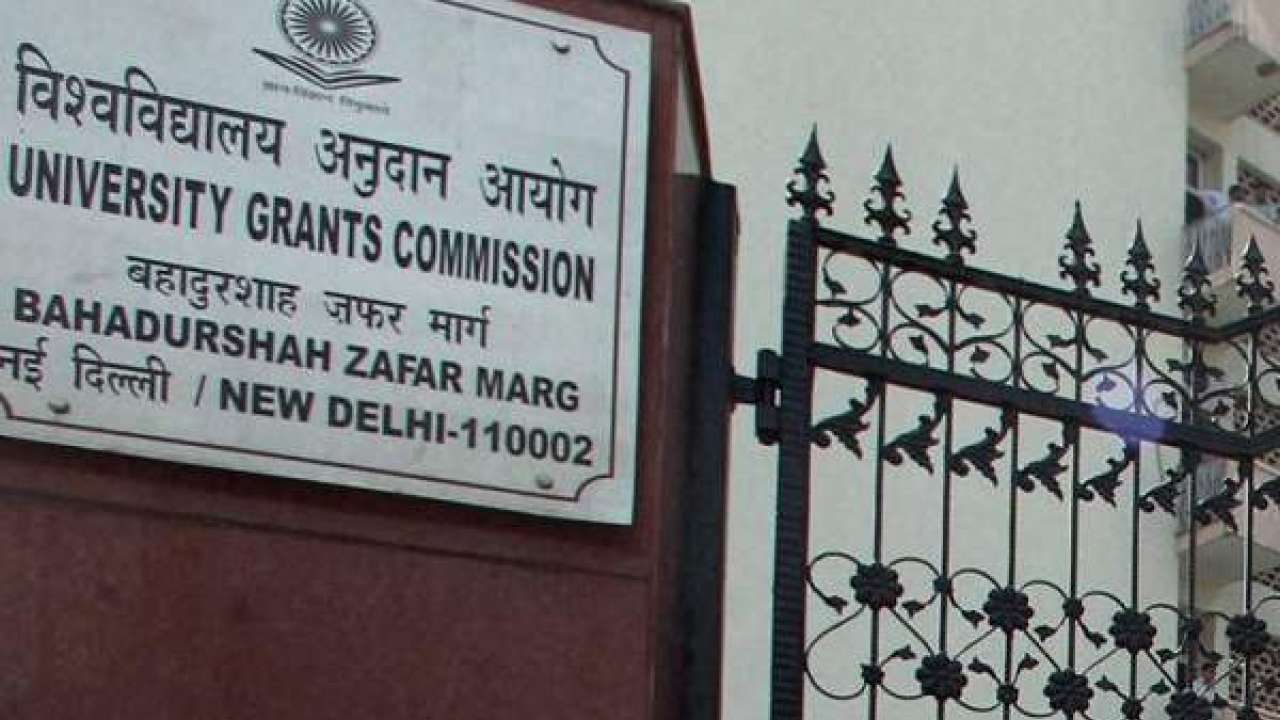Dear friends, comrades, and fellow students,
We are living in dark and troubled times. As much as our walls and buildings look lacklustre with the vibrant posters torn off, our lives here are also becoming dark and grim. We have entered the university at a time when the administration has been trying to destroy its very quintessence. Some of our brave professors have reminded us time and again of what the place has become and what it had been known for, and of the monstrosity of what we have to resist. But more often than not, we become complacent.
Very soon, biometric attendance will be imposed upon us. This university has stood strong without imposing any arbitrary rules regarding compulsory attendance. It provided its students with freedom that made them responsible and reflexive-autonomous beings. Today our agency is being reduced to numbers. The very idea of voluntary participation is now being decimated into compulsory, imposed attendance. This is antithetical to what our university has been standing for since the days of Balraj Sahni and Chandrashekhar Prasad.
How can we resist this imposition if our classes are indeed empty? How can we prove that we do not need imposition, if we continue to sleep all day or stay locked in our rooms studying notes from Vision IAS? How will we become active learners and creators of knowledge unless we attend our classes, participate, and learn to open our minds and creatively critique ourselves and the society around us? How will we become free and critical thinkers if we do not exercise our right to learn and our freedom to question in a constructive manner? The emptier our classes are, the stronger the imposition will be. We will give them the weapons to kill our agency and freedom too easily.
Let us realise what we are missing out on; sense that your freedom lies not in running away from responsibility but in your sincerity and autonomy in the absence of binding rules and regulations. There is more to life at the campus than the substances that you are abusing and the freedom that you are misusing to engage in self-destructive pursuits. We have been a university that celebrates and upholds freedom, that protests any violation of our rights, that critically questions the society, polity and the world around us.
Now is the time for us to introspect and critically question ourselves and our conduct. Are we being honest to ourselves? Are we contributing anything to the ethos of the university, and towards making the classrooms spaces that are not confining but enriching? Are we doing anything to make learning an intellectually stimulating experience for us and our classmates, or are we becoming mere slaves of technology, our new tutor?
Classrooms are important spaces of collective learning. One will not find a single classroom in JNU where questions are forbidden, or where one cannot voice one’s doubt or disagreement. Why are we increasingly deserting these spaces? We are free to have our own independent career goals, but that should not be at the cost of the knowledge we gain in the classroom. The active collective learning that classrooms facilitate cannot be substituted by online tutorials where learning can only be passive, allowing no scope for interaction or discussion. Collective learning also builds solidarity as it is an opportunity for everyone to learn and grow together. Technology kills the ‘ecstasy of the collective’.
Friends, our freedom is in danger. Today they will impose attendance, and tomorrow another draconian rule. If we are to resist it, we need to have integrity and conviction. We need to be honest and sincere to ourselves. We cannot fight them with a dead conscience.
Aishwarya Bhuta is pursuing her Masters in Development and Labour Studies at Jawaharlal Nehru University, New Delhi.














